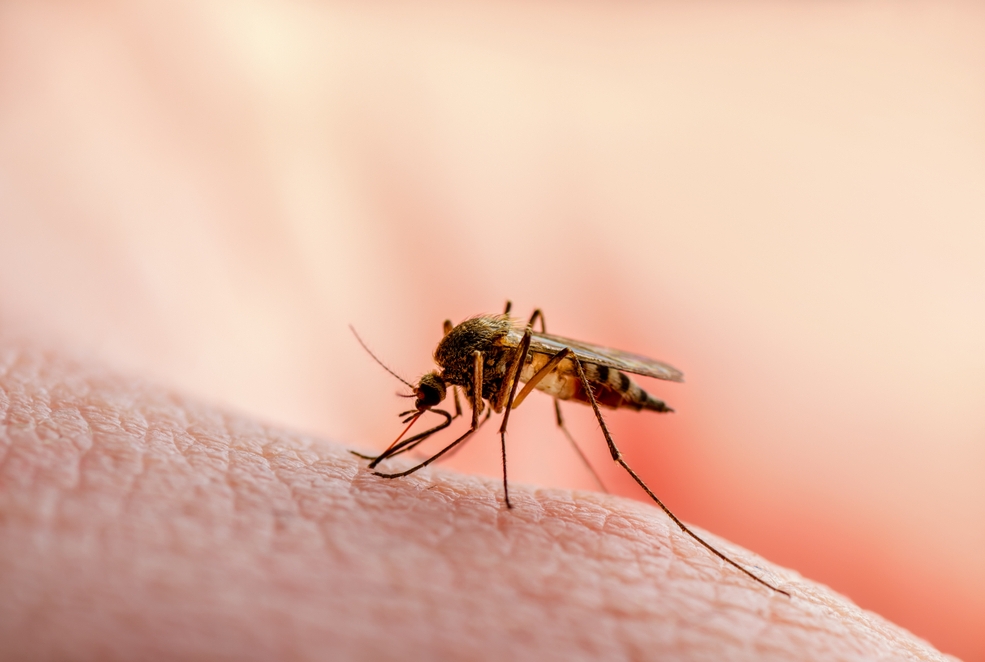Malaria treatment in Nashik
A parasite is the disease that causes malaria. People become infected either through mosquito bites bearing the parasite. Malaria often results in a severe illness with a high fever and shaking chills.
Getting proper treatment on malaria is also important so get better Malaria treatment in Nashik at Mediliv Hospital by general physician at Mediliv Hospital.
Malaria is still widespread in tropical and subtropical nations even if it is rare in temperate regions. Malaria kills more than 400,000 people annually and affects almost 290 million people globally.

International health initiatives distribute malaria prevention medications and bed nets sprayed with insecticides to keep people safe from mosquito bites The World Health Organization advises using a malaria vaccination for children who live in countries with a high prevalence of malaria cases.
While travelling, you can be protected with protective gear, bed nets, and insecticides. Moreover, you can take preventative medication prior to, during, and following a visit to a high-risk area. Many malaria parasites have become resistant to widely used medications used to treat the condition.
Symptoms of Malaria:
Signs and symptoms of malaria may include:
- Fever
- Chills
- General feeling of discomfort
- Headache
- Nausea and vomiting
- Diarrhea
- Abdominal pain
- Muscle or joint pain
- Fatigue
- Rapid breathing
- Rapid heart rate
- Cough
Malaria patients can have repeated “attacks.” Usually, an attack begins with chills and shivering, then a high fever, followed by perspiration and a return to normal body temperature.
Usually, a few weeks after being bitten by an infected insect, malaria signs and symptoms appear. Certain malaria parasite strains, however, can slumber in your bloodstream for up to a year.
A plasmodium-genus single-celled parasite, which causes malaria. Most commonly, parasite transmission to humans occurs through mosquito bites.
Process of mosquito transmission:
Uncontaminated mosquito: When a mosquito bites a person who has malaria, it contracts the disease.
Spread of a parasite: The next time this mosquito bites you, it could give you malaria parasites.
Within the liver. Once inside your body, the parasites move to your liver, where certain varieties can lay dormant for up to a year.
Directly into the blood: Once they reach maturity, the parasites leave the liver and attack your red blood cells. During this period, malaria symptoms frequently begin to manifest in people.
On to the next person: At this stage of the malaria cycle, if an uninfected mosquito bites you, it will contract your malaria parasites and pass them on to everyone else it bites.
Other modes of transmission
People can potentially contract malaria by coming into contact with infected blood since the parasites that cause malaria damage red blood cells, including:
- From mother to unborn child
- Through blood transfusions
- By sharing needles used to inject drugs
Prevention
Avoid mosquito bites if you reside in or are visiting a region where malaria is prevalent. Most mosquito activity occurs between dark and sunrise. In order to avoid getting bitten by mosquitoes, you need:
- Shield your skin: Put on long sleeves and pants. Put your shirt in the sleeve and your pant legs in the socks.
- Use skin repellent to prevent insects: On any exposed skin, apply an insect repellent that has been approved by the Environmental Protection Agency. These repellents include DEET, picaridin, IR3535, oil of lemon eucalyptus (OLE), para-menthane-3,8-diol (PMD), and 2-undecanone, to name a few. Avoid using a spray on your face. Avoid giving OLE or PMD-containing products to kids under the age of 3.
- Spray garments with repellant. Use of permethrin-containing sprays to garments is secure.
- Sleep under a net: The use of bed nets, especially those treated with insecticides like permethrin, can help you avoid being bitten by mosquitoes while you sleep.
Diagnosis
Your doctor will probably evaluate your medical history, recent travel, perform a physical exam, and prescribe blood tests to identify malaria. Blood testing may reveal:
- To determine if you have malaria, the blood must have the parasite present
- Which type of malaria parasite is causing your symptoms
- If a parasite that is causing your infection is resistant to some medications
- Whether the disease is causing any serious complications
While other blood tests can produce findings in less than 15 minutes, certain blood tests can take several days to complete. To rule out any consequences based on your symptoms, your doctor can recommend more diagnostic tests.
Treatment
Prescription drugs are used to treat malaria in order to eradicate the parasite. Several drug types and treatment durations will be used depending on:
- Precisely which type of malaria parasite you have
- The severity of your symptoms
- Your age
- Whether you’re pregnant

